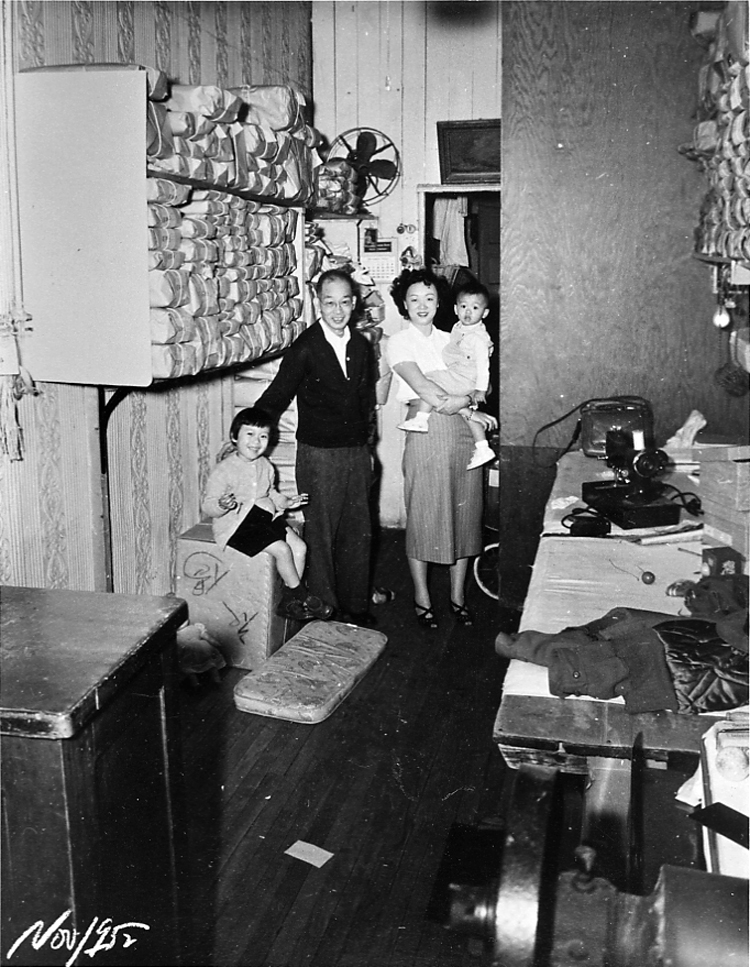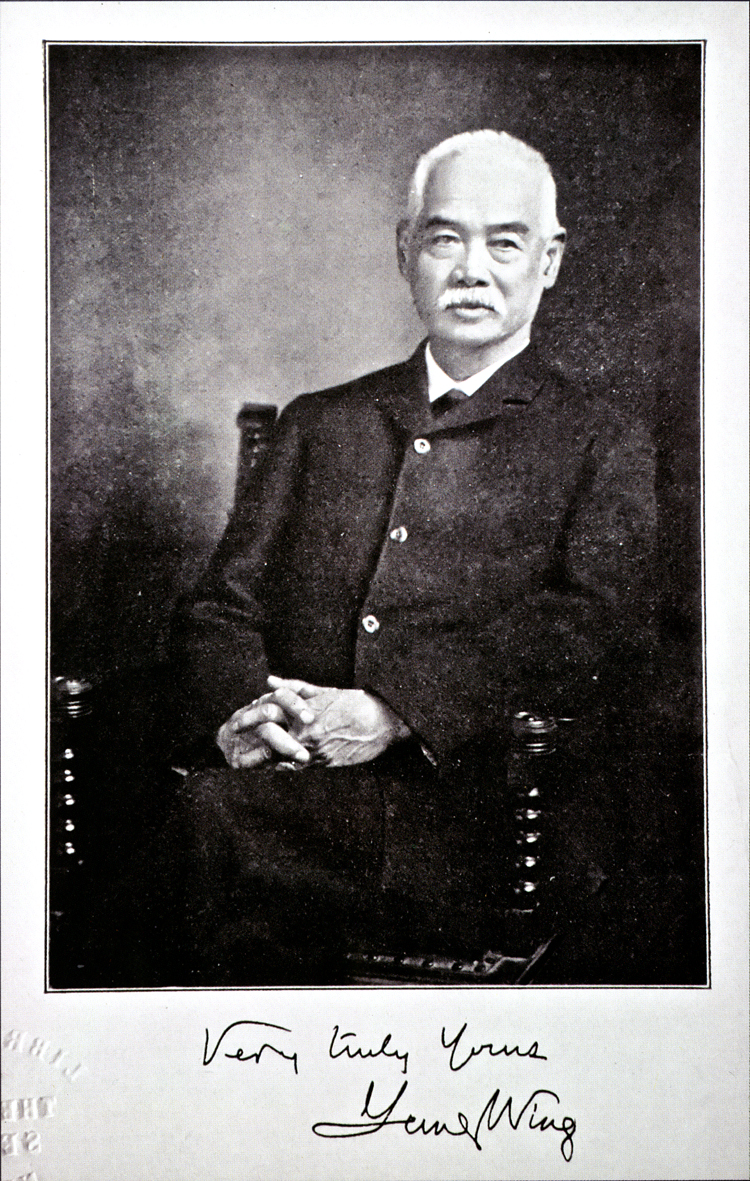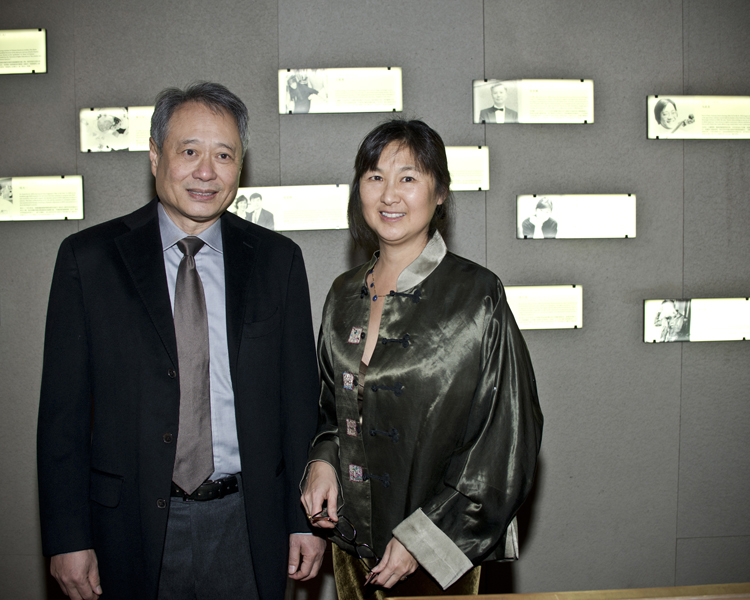二十世纪30年代,Dong Wong收购了位于纽约布朗克斯区克雷斯顿街上的Sam Wah洗衣店。由于受到1882年施行的排华法案的影响,手工洗衣店是为数不多的允许华人移民工作谋生的行当之一,尽管这份工作要求工人们没日没夜地工作。这家洗衣房由Chin氏家族经营,直到1982年决定关门并举家迁往新泽西,这是因为不久前Chin家的丈夫、洗衣店的主人Quock Chin不幸在一起抢劫案中遇害。在关门之前,Quock Chin的太太联系到MOCA的员工,并将洗衣店的东西捐赠给MOCA的第一个项目“八磅生涯”,一个关于华人洗衣工人的展览。MOCA帮助Chin太太和她的家人关闭了洗衣店,作了口述历史的采访以及拍摄了洗衣店。这种跟社区之间的紧密关系是MOCA自创建以来一直恪守的信条,推动了MOCA的使命和工作。
Collections馆藏Collections馆藏Collections馆藏Collections馆藏Collections馆藏Collections馆藏Collections馆藏Collections馆藏Collections馆藏Collections馆藏Collections馆藏Collections馆藏Collections馆藏Collections馆藏Collections馆藏Collections馆藏Collections馆藏Collections馆藏Collections馆藏Collections馆藏Collections馆藏Collections馆藏Collections馆藏Collections馆藏Collections馆藏Collections馆藏Collections馆藏Collections馆藏Collections馆藏Collections馆藏Collections馆藏Collections馆藏Collections馆藏Collections馆藏Collections馆藏Collections馆藏Collections馆藏Collections馆藏Collections馆藏Collections馆藏Collections馆藏Collections馆藏Collections馆藏Collections馆藏Collections馆藏Collections馆藏Collections馆藏Collections馆藏Collections馆藏Collections馆藏Collections馆藏Collections馆藏Collections馆藏Collections馆藏Collections馆藏Collections馆藏Collections馆藏Collections馆藏Collections馆藏Collections馆藏Collections馆藏Collections馆藏Collections馆藏Collections馆藏
Chin氏家族位于纽约布朗克斯克雷斯顿街上的Sam Wah洗衣店

10 June 2019 Posted.
Sam Wah Laundry, Bronx, owned by Chin Family, Nov. 1952, Museum of Chinese in America (MOCA) Collection.
Chin家经营Sam Wah洗衣店,位于纽约布朗克斯,1952年11月,美国华人博物馆(MOCA)馆藏

